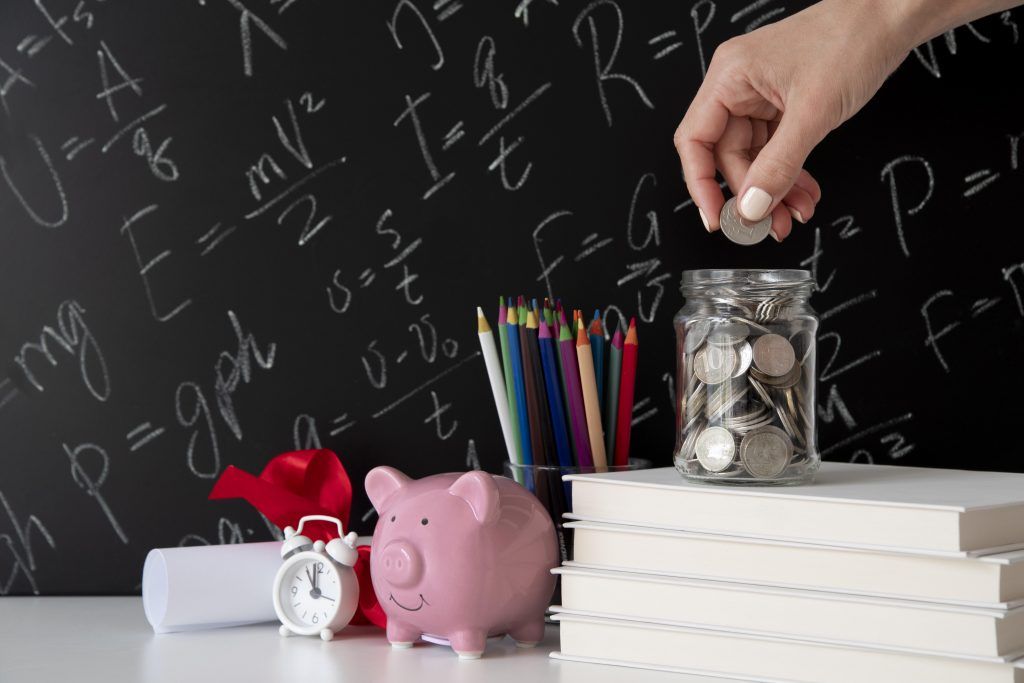Planning your spending, thinking about the future, organizing your accounts, and saving money are extremely important actions to have more quality of life.
They are directly connected with financial education, which focuses on daily attitudes that are very beneficial for any moment.
Those who think that financial education refers only to courses, lectures, and studies about economy are wrong.
It says a lot about knowing how much you spend on a daily basis and how this will affect your finances in the future.
After all, tomorrow is now, so it is necessary to plan it very carefully.
What is the importance of financial education?
Personal financial education helps to organize and manage money. It implies a set of actions that should be taken daily not only to significantly help control spending, but also financial and even mental health.
Having control over where your money is spent and where you want to be in the future brings greater well-being and the feeling that you are in control of your own financial life, something that many people long for.
Financial education is essential not only for individuals, but for companies as well.
A business is only prosperous and has recurring growth if expenses are controlled, with the money coming out of the box only with what is strictly necessary.
How to adopt financial education in your life?
The first tip to learn how to start financial education is to know how much money you earn and how much you spend.
This helps you to control your bill payment dates and to see how much you can spend during a certain period.
The best way to keep track of these amounts is to enter them in a spreadsheet or a notebook, if you prefer. Record all the bills you have to pay and the deadlines for each of them.
This way it is easier to visualize the month's expenses and how much is left over for you to invest or direct to future desires.
Set goals
Setting goals is one of the main methods that make a basic financial education successful.
Start with short-term goals, which can help you see how effective education is and how it brings results, and think of it as an incentive to plan for the long term.
Consider medium and long-term goals. At this stage, don't be afraid to dare! It is possible to start planning financially even for more than 30 years ahead.
Emergency reserve
A mistake made by those who are taking the first steps in financial education is not to save money for an emergency reserve.
The idea is that the emergency reserve should reach at least six salaries. This way, when something happens, you will not need to have headaches with the little money you have saved.










